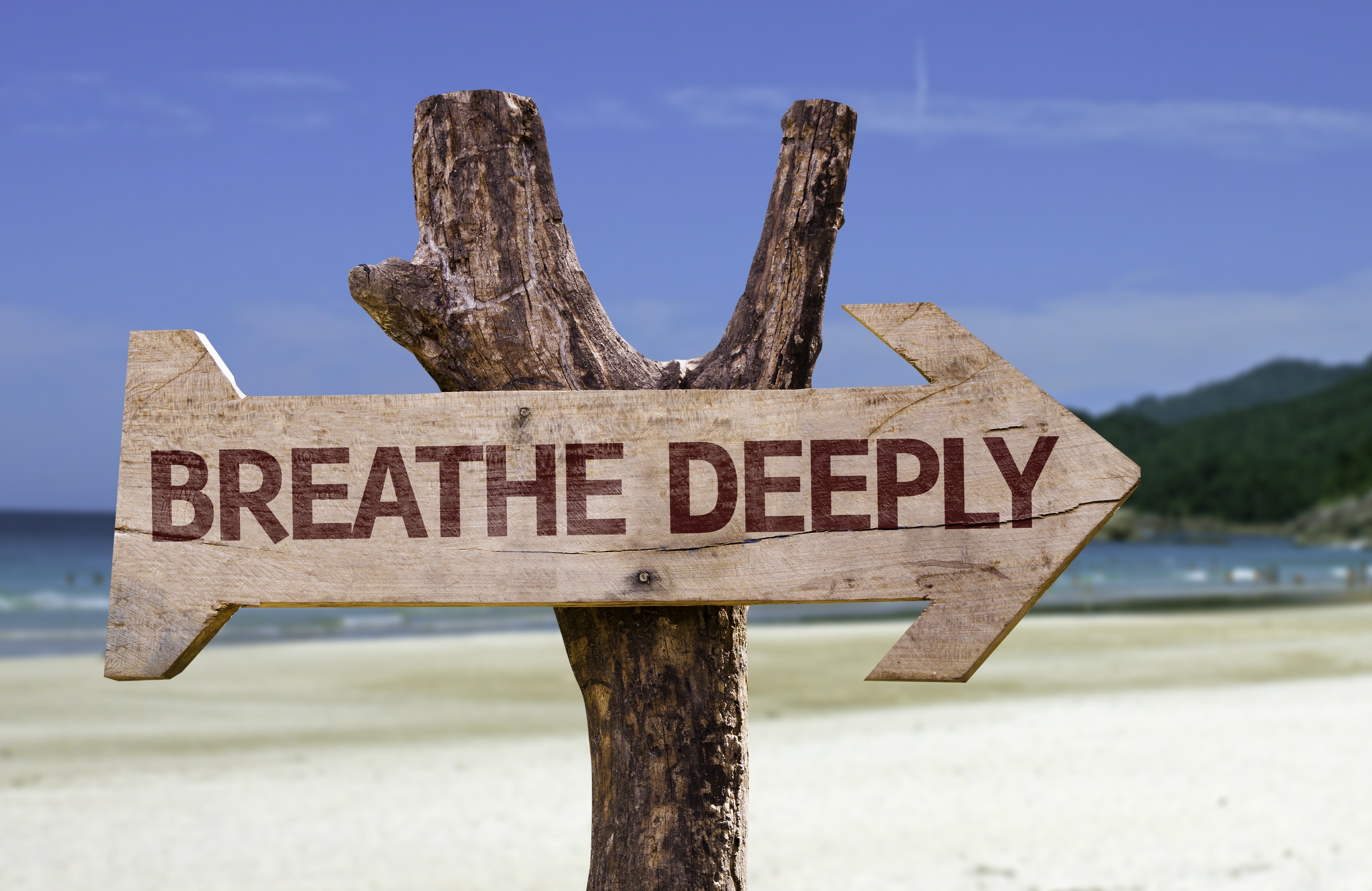
Posted on October 01, 2020
Have you noticed your breathing lately, how rapidly or slowly you breathe, how deeply or shallowly? If not, you aren’t alone. Breathing is a body function we usually take for granted since it happens automatically. Typically, it’s only when we experience difficulty breathing that we become aware of our breath. Yet much can be gained in the way of calm, clarity and composure when we notice it at other times.
Unlike Eastern spiritual and medical traditions that emphasize the connection between mind and body, conventional Western medicine relies less on self-care than on medications, procedures and specialists who treat organs separately. Thanks to pioneers like Dr. Herbert Benson, a Harvard cardiologist and early convert to mind-body medicine, we have begun a shift toward more personalized medicine that takes into account the whole person – mind, body and spirit – and includes self-care, including complementary practices like breathwork.
Years before Dr. Benson began his work, the “fight-or-flight response” was identified. Also called the stress response, it describes a survival tool that helped primitive humans face challenges like encountering a wild animal. A modern equivalent might be stepping into a crosswalk only to see an oncoming car speeding toward you. Threats like this put us into the fight-or-flight mode by releasing hormones into our bodies that increase heart rate, breathing rate, blood pressure, metabolic rate and blood flow to the muscles, all of which energize and support us as we prepare to take on our challenge or flee.
The problem is that today we don’t save this stress response for emergencies. Instead, we turn it on for everyday stressors like traffic jams, problems with other people or worry about COVID. When we do this often, acute stress becomes chronic and can lead to a multitude of health problems, including immune suppression, anxiety and depression. The Relaxation Response, first publicized by Dr. Benson in his 1975 book (which was later updated), is the opposite of the fight-or-flight response.
At the Benson-Henry Mind-Body Institute at Massachusetts General Hospital, Dr. Katherine Rosa advocates deep belly breathing, also called diaphragmatic breathing, to elicit the Relaxation Response. Deep breathing into our bellies can seem unnatural at first, she explains, because, unlike babies, adults tend to breathe shallowly into the chest. One way to experience belly breathing is to sit in a chair, lean forward and place your elbows on your knees. When you breathe naturally in this position, you are forced to breathe from the belly.
To practice belly breathing, Dr. Rosa recommends placing one hand on your belly and the other on your chest. As you breathe slowly and deeply, you should feel your belly hand move outward as if it’s on an inflating balloon while your chest hand stays still. Take three slow, deep, controlled breaths this way. Doing this when you feel stressed interrupts the fight-or-flight response and helps your body relax by releasing calming chemicals, instead of stress hormones, into your bloodstream. Once you’ve learned how to do this, you won’t need your hands.
Beyond calming you when you experience stress, deep belly breathing can also help you avoid doing something you may later regret. For example, if a colleague or family member says or does something to trigger your fight-or-flight response – and we all have stress triggers! – you may react automatically, with little or no thought, and lash out. By recognizing the signs of stress as they arise, you can stop before you react, then breathe deeply. Deep breathing will open up space in your mind and create a “moment of choice.” As the Relaxation Response calms you, it helps you gain clarity, and you can see other possible ways to respond. In this calmer, clearer state, you gain composure that can help you choose a wiser, more skillful response.
Belly breathing will grow more habitual and automatic if you practice it throughout the day. Taking several deep breaths is a good way to transition between tasks, take a break or regain focus. Become familiar with your stress triggers and be mindfully aware of the onset of stress in your body. While medication and other interventions may be necessary for anxiety in some cases, deepening your breathing will go a long way toward helping you manage stress, feel more relaxed and respond in thoughtful ways.